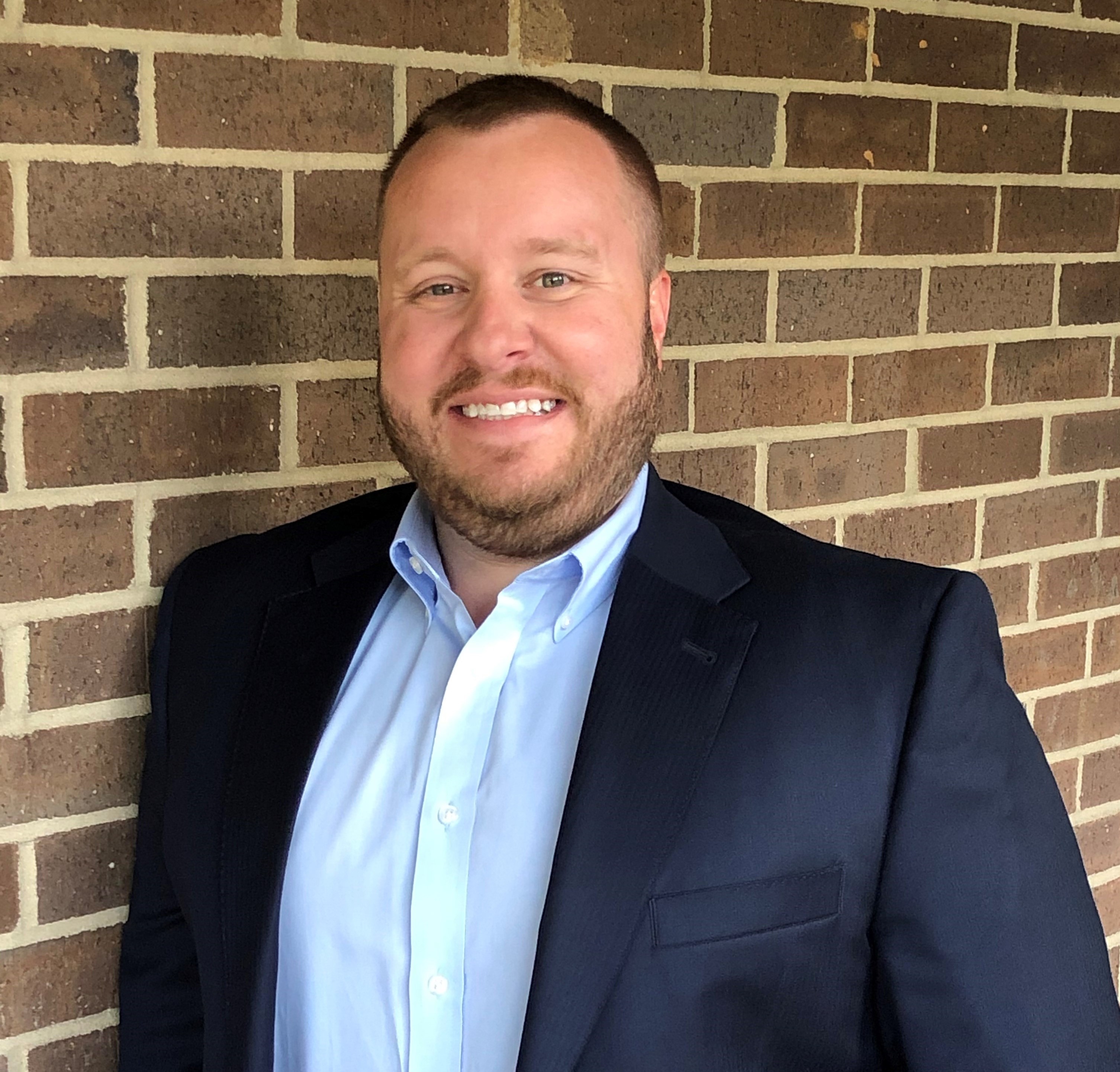Global View Investment Blog
How to Save More, Quickly – 5 Tips from a Certified Financial Planner in Greenville, SC
As a Certified Financial Planner in Greenville, SC, you’re asked a lot of questions from a lot of different people. Even wealthy people – those who have been successful in business and want advice for how to hold on to their hard-earned money, maximize their earnings and use it to plan for the future, for themselves and their families.
Many of these questions revolve around saving money and building a retirement nest egg.
If you too are wondering how to supercharge your savings plan, we have some suggestions.
Pay Off Debt
Debt is often useful, but the interest you have to pay can mount up and eat a hole in your savings plan. For many reasons, it’s useful to pay off debt as soon as possible.
Interest used to be tax-deductible, but except for home loans, investment margin, and student loans, individuals no longer can take an interest deduction. Therefore, debt is more expensive under the current tax rules, which should help prompt you into considering the value of repaying your debt and instead directing those payments into your savings accounts.
Think about paying off your debt as an investment: If you have a credit card balance accumulating interest at 14 percent, every dollar you pay off is essentially earning a 14 percent return. If you can divert those funds toward actual investments in your retirement accounts, you may even be able to compound that money through a company match!
Make Contributions Automatic
You can set up automatic payments to your savings and retirement accounts to ensure they receive the money budgeted for them.
For example, you can contribute up to $6,000 per year to an IRA ($7,000 if you’re 50 or older) and $19,500 to your 401(k) (plus another $6,500 if you’ve reached age 50). You can set up automatic contributions to both plans, thereby “paying yourself first” without lifting a finger after the initial setup. You’ll reap important tax benefits from these contributions, whether your accounts are Traditional or Roth.
Most importantly, making contributions automatic removes the emotional struggle you may have every month when you have to part with your money manually. You can always find another way to use the money, if given the opportunity. Saving your money for the future may not feel like an immediate goal, but it’s an important one that’s easier to reach is broken up over time. If you put off your retirement planning for too long, catching-up can be difficult. Check out our new guide: When You Got a Late Start to Retirement Planning.
Worried about retirement? Schedule a no-obligation conversation with the Global View team to see how we can help.
Take Full Advantage of an Employer Match
If you have a 401(k) or similar employer retirement plan, it’s likely that your employer offers matching contributions. This is basically free money that will grow tax-free or tax-deferred in your retirement account.
Very commonly, employers will match 100 percent of your contribution up to 3 percent of your salary, or 50 percent of your contribution up to 6 percent of your salary; however, company match-programs vary per employer. Naturally, the bigger the employee match, the better.
For 2021, the total contribution to your 401(k) (the sum of employer and employee contributions) cannot exceed the lesser of $58,000 (or $64,500 if 50 or older) and 100 percent of your annual compensation. That equates to a lot of “free” money put toward your future.
Work with your plan administrator to ensure you contribute enough annual income to receive every penny of matching funds. If you’re not sure if you can contribute more, work with a Certified Financial Planner to see if there are ways to adjust your budget to make it happen.
Pay Taxes Now
You don’t receive a tax deferment on your contributions to a Roth retirement account. So, why pay taxes now rather than postponing them through Traditional retirement accounts? Here are a few reasons:
- Your money grows tax-free in a Roth account.
- You can withdraw your contributions tax-free at any time.
- You can withdraw your earnings tax-free if you follow the rules. Those rules impose taxes and penalties if you withdraw earnings during the first five years after opening the account and/or before age 59-½ (with some exceptions).
- Money in a Roth IRA is not subject to Required Minimum Distributions (RMDs) during your lifetime.
- Your beneficiaries can inherit your Roth retirement accounts tax-free.
- Future tax rates may increase, thereby increasing the value of Roth tax-free distributions.
Don’t think you qualify for a Roth IRA? Read our recent blog post: When You Don’t Qualify for a Roth IRA …
Another surprise for many people is the idea of a Roth 401(k), an option more and more employers are starting to offer. If your employer does so, you can choose how much to split your contributions between your Traditional and Roth accounts.
While on the subject of taxes, make sure to pay any taxes you owe on time. Missing tax deadlines can result in interest rates and hefty penalties. You can request a four-month extension using IRS Form 4868, but this only allows you to postpone filing, not paying! By paying on time, you avoid extra charges that reduce the amount you can put into savings.
Avoid Mistakes and Maximize Contributions
Simply following the best practices for utilizing and protecting your money can help you increase your wealth – but are you aware of what those best practices are? This is where the Global View team of Certified Financial Planners in Greenville, SC can help.
If you live a busy life, you may not have enough time or energy to think about every aspect of your finances. But that is precisely what’s needed to make the most of your retirement plan. A Certified Financial Planner can help you avoid costly mistakes and take advantage of important opportunities you may not be aware of on your own.
A Certified Financial Planner can also introduce you to less-familiar ways to save your money, such as through low-cost and tax-advantaged investments.
Investing and saving money is emotional. We work hard for our money and watching it lose value on paper can be extremely difficult. We see many investors in times like this panic, often selling stock out of fear during a bear market. But doing so can be a big mistake, because timing the market is impossible, and panic-selling risks locking in losses and then missing the gains when the market recovers. A Certified Financial Planner can help you weather market volatility and help you stay focused on your long-term goals.
If you’d like to explore other ways to save more, quickly, let’s talk! Schedule a no-obligation conversation with our team and get the discussion started!

Written by Matthew Crider
Matt is a CERTIFIED FINANCIAL PLANNER™ professional who has been in the financial advisory business since 2008. He holds a BA in Marketing and Management from the University of Cincinnati and his MBA from Clemson University. Prior to Global View, Matt began his career with Fidelity Investments. His specialties at Global View include asset accumulation and investment strategies; college funding strategies; budgeting discipline and analysis; multi-generational planning; and life event changes, such as marriage, kids, home purchase, retirement, etc.
Are you on track for the future you want?
Schedule a free, no-strings-attached portfolio review today.
Talk With Us






